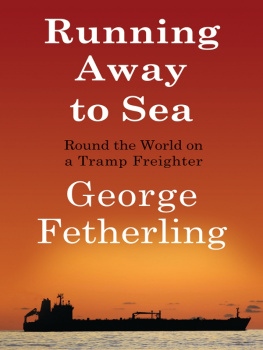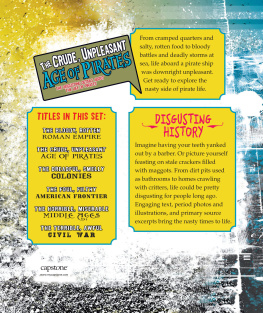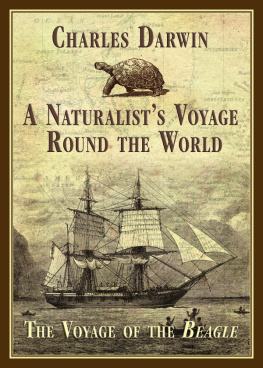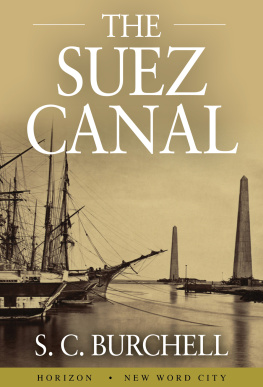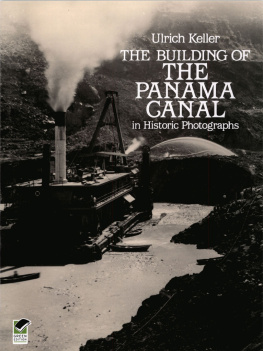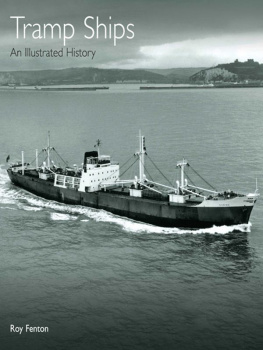
Running
Away
to Sea
ALSO BY GEORGE FETHERLING
Fiction
The File on Arthur Moss
Jericho
Tales of Two Cities: A Novella Plus Stories
Memoir
Travels by Night
Travel
Three Pagodas Pass
One Russia, Two Chinas
Poetry
The Dreams of Ancient Peoples
Selected Poems
Madagascar: Poems & Translations
Singer, An Elegy
Running
Away
to Sea
Round the World on
a Tramp Freighter
George
Fetherling

Copyright George Fetherling, 2009
Originally published by McClelland and Stewart in 1998.
All rights reserved. No part of this publication may be reproduced, stored in a retrieval system, or transmitted in any form or by any means, electronic, mechanical, photocopying, recording, or otherwise (except for brief passages for purposes of review) without the prior permission of Dundurn Press. Permission to photocopy should be requested from Access Copyright.
Editor: Michael Carroll
Copy-editor: Jason Karp
Design: Jennifer Scott
Printer: Webcom
Library and Archives Canada Cataloguing in Publication
Fetherling, George,
Running away to sea : round the world on a tramp freighter / by George Fetherling.
ISBN 978-1-55002-853-9
1. Fetherling, George, --Travel. 2. Pride of Great Yarmouth (Cargo ship). 3. Voyages around the world. I. Title.
G440.F47A3 2008 910.4'1 C2008-904981-0
1 2 3 4 5 13 12 11 10 09

We acknowledge the support of the Canada Council for the Arts and the Ontario Arts Council for our publishing program. We also acknowledge the financial support of the Government of Canada through the Book Publishing Industry Development Program and The Association for the Export of Canadian Books, and the Government of Ontario through the Ontario Book Publishers Tax Credit program, and the Ontario Media Development Corporation.
Care has been taken to trace the ownership of copyright material used in this book. The author and the publisher welcome any information enabling them to rectify any references or credits in subsequent editions.
J. Kirk Howard, President
Printed and bound in Canada.
www.dundurn.com
Contents
1
Taking Ship
A WEEK OR TWO BEFORE I was to leave Canada for England and board a tramp freighter on a voyage round the world, I happened to be down at Toronto Harbour admiring a vessel tied up there. I paid a visit to the harbourmaster, a veteran of the British merchant service with decades of experience at sea. I caught him in a relaxed moment, and he took a kindly interest in my plans. He asked me the ship's name. When I told him "the Pride of Great Yarmouth, out of the port of Douglas, Isle of Man," he tried to look it up in the world shipping directories, which list the 40,000 or so cargo ships in business at any one time. He couldn't find it in the first volume he took down, nor in the second. Finally he located a listing in the third. I could tell that he was trying not to alarm me, but his face took on a worried expression as he ran his finger along the columns of statistical information, which, to a knowledgeable user, reveal a ship's entire history and physiognomy. "Oh dear," he kept saying in a soft English voice. "Oh dear, oh dear."
Some months before, caught in a quagmire of marital and professional problems, I had decided to run away to sea, after a fashion. I already knew that the three most common fantasies among members of the North American middle class are a) opening a restaurant, b) opening a book shop, and c) going round the world on a tramp freighter. The first of these adventures is almost always doomed to ruin if you're not an experienced restaurateur (or even if you are). A Toronto newspaper tells me of the hundreds of eating-places that start up hopefully in the city each year, only to go quickly bankrupt. Book shops, too, are best left to professionals. The proprietor of one in my neighbourhood has described people coming into her place of business almost every week, articulating their vision of a dream career. "They think they can sit behind the desk all day and read novels until customers appear with cash to give them," she explained sadly. She added that she dissuades as many of these prospective hobbyist-booksellers as she can, but that some elude her advice and pay dearly for their heedlessness. That still leaves the tramp freighter trip, an experience that has come down in literature and the popular culture as a passage through time itself, a journey with some (but not all) of the qualities of a religious pilgrimage: a definite belief in the sanctity of process, for instance, but without the devout person's regard for the sacredness of destination. In our imaginations, it has become, in other words, an escape from one place as much as a deliberate attempt to reach another. Was I running away from my difficulties, seeking the time and solitude in which to find solutions? Yes, certainly. I would go alone, as my wife (the bookseller quoted above) declined the offer to accompany me. She couldn't leave her business right then, she said. She also refused to kiss me when I went, saying, "I'm not very good at goodbyes." I said to myself: Oh dear, oh dear, oh dear.
When I first laid eyes on the Pride of Great Yarmouth, the cargo ship that would be my home for about four months, it looked enormous. The scene of my amazement was a stretch of the docklands at Tilbury in Essex, on the north shore of the Thames about midway between London and the Estuary. This was the place where Elizabeth I reviewed the fleet that set off to fight the Spanish Armada in 1588, but there's nothing historic-looking about Tilbury now. Decrepit and impersonal would be the words to describe it, even though Tilbury, along with the former seaside resort of Felixstowe, near Ipswich, on the other side of the Thames's mouth, is one of the four busiest ports of the new Europe (the others being Rotterdam in the Netherlands and Antwerp in Belgium). It is easy to believe that Tilbury's inclusion on this list was possible only by virtue of its place on other, older versions of the map. This section of the Thames, lying perhaps 40 or 50 miles from the dome of St. Paul's in London, was long the hub of British shipping, the Heathrow of the steam age. A German airborne initiative during the Second World War, however, made it available for redevelopment.
By the 1960s, with the ocean-liner business all but gone and the boom in cruises not yet begun, the place looked a bit sad. I remember disembarking there from one of the last true liners, the Russian ship Alexandr Pushkin. In those days one could still feel some sense of London as the commercial capital of the world, but there were also sad old buildings in a state of near collapse. In short, one sensed a dreary contrast between the glory of what used to be and the blandness of what was. By the 1970s and 1980s, however, high-rises had taken up much of the space occupied by the endless piers and warehouses. Then came the container revolution, which reinvented shipping and brought back the bustle to places like Tilbury once they had retooled to handle the interlocking steel boxes of all different colours that are stacked on a deck like a giant Rubik's Cube. Both Americans and Canadians claim to have invented the now-ubiquitous containers, just as they both claim to have invented the telephone. The
Next page
